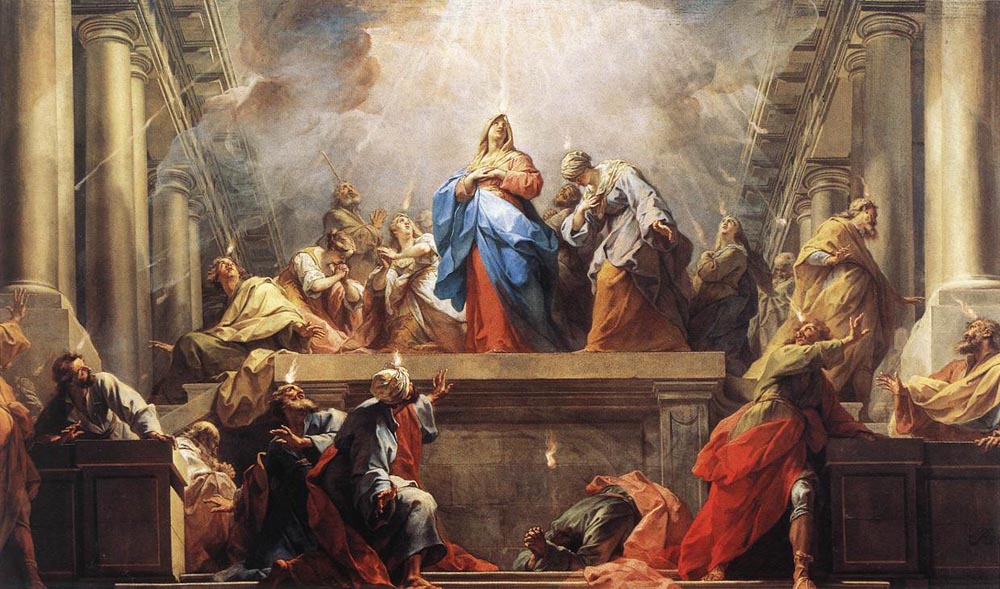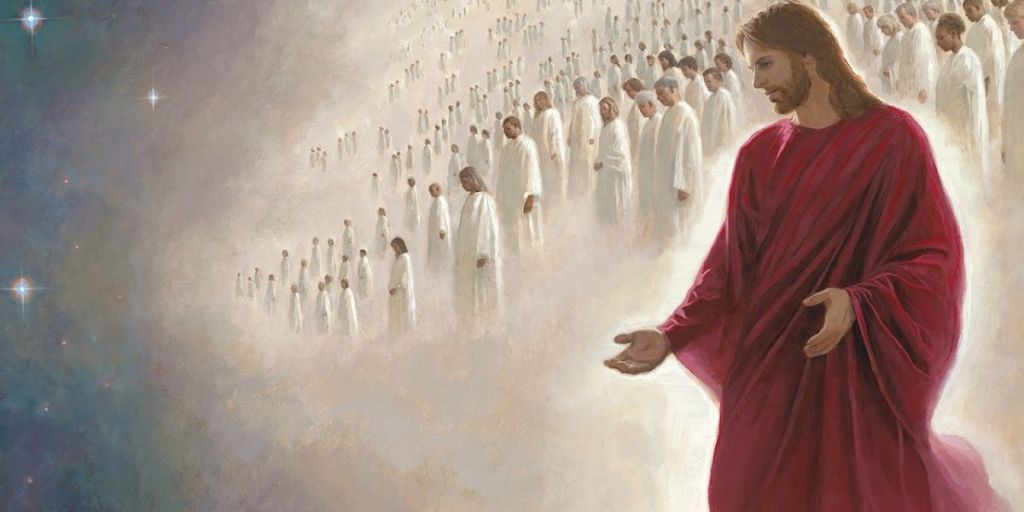
In John 4:25-26, we find a conversation between Christ and the Samaritan woman. This woman was looking for a Messiah but she did not recognise Jesus. Ever since the Old Testament times, there were foretellings of the coming Deliverer, the One who had been promised by God, sent by Him to redeem and free His people. Nevertheless, the passage in John 4 highlighted that it was difficult for people of the time to identify the Messiah or even what sort of a leader He would be.
The ancient hope was for a leader with the political stature of King David, able to fight for national interests (Psalm 2:2-8), or the insight of a prophet who would bear a new message from God and lead them into an era of freedom and prosperity. There were many portraits of the Messiah, and His task was multi-dimensional. The popular expectations were so high He was expected to be the solution to all that troubled Israel; national identity, security, and prosperity.

When Jesus was born in Bethlehem, it was the fulfillment of the prophecies from the Old Testament. However, He came with a purpose and mission with such an immense paradigm shift that many reacted strongly to it. He was the Messiah, but His was a Messianic career that no one expected.
Jesus began His public ministry sometime near AD29-AD30 when He was about to turn 30. During His public ministry, Jesus would identify and establish His identity as the Messiah, the person to whom all the Old Testament prophecies pointed to a wide range of people. Some recognised who He was, but there were many others who reacted to Him with disappointment and hatred.
Instead of a warlord or a king, Jesus came as a humble carpenter’s son. He walked among the ordinary people and was most comfortable in their company. Jesus performed miracles and delivered them from bondages and diseases, even raising many from the dead. Unlike the Pharisees and the Sadducees, He treated the outcasts with grace and even forgave their sins. Rather than leading an army against oppressors, He told the people to ‘render to Caesar what belonged to Caesar’.

Jesus taught the populace not about armies and politics but rather about a spiritual kingdom. Relating to them about the Fatherhood of God in such parables as those of the Prodigal Son and the Lost Sheep, he offended those who had been used to a system of hierarchy. Many of the parables Jesus told were deep ones about such subjects as the condition of the human heart, yet He always told them in a vernacular the people could understand.
Above all, He taught them about the New Birth and the New Covenant. The primary reason Christ came was not to condemn but to save the world. He came to fulfill the Law, and through His sacrifice on Calvary, He opened and established a new covenant between all who believe and God, removing the ancient barrier to a direct relationship between us and God, the Foundation of all things. Though many did not understand the New Birth and Covenant at that time because it was so new, Jesus’s ministry would transform the world and bring hope and salvation to countless people.

The writer Mark Fackler identifies and describes seven occasions when Jesus either accepted someone else’s claim – or made the claim Himself – that He was God’s Messiah, the Christ in the New Testament:
Peter confessed Jesus to be the Christ at Caesarea Philippi, and Jesus affirmed His pronouncement (Matthew 16: 13-20). The Pharisees urged Jesus to rebuke His disciples for their messianic claims. Instead, Jesus rebuked the Pharisees, allowing crowds to acclaim Him king (Luke 19:38-40). When the Jewish leaders questioned Jesus concerning His identity as the Christ, He agreed with that assessment (Matthew 26:62-64). When Pilate probed Jesus at His trial, Jesus again agreed (Matthew 27:11). In John 4:26, Jesus disclosed His messianic identity to the Samaritan woman and, in John 9:37, to the man born blind, who believed and was promptly excommunicated from the synagogue for his alleged blasphemy. Martha confessed Jesus’ messianic identity in John 11:27. John recorded no particular response on the part of Jesus, but their continued dialogue is tacit acceptance.
The day Christ was crucified was a dark one and even the skies mourned (Luke 23:44-45). Yet, three days later, He rose from the grave. Everything that He had taught the disciples and the faithful about His identity and mission must have stood out starkly to them in those first days after the Resurrection, and it stayed with them. Peter would go on to preach boldly that Jesus was Lord and Christ (Acts 2:38) in the early days of the Church, and the other disciples would do the same. Jesus had promised them the coming of the Holy Spirit as an advocate and friend (John 14), and the Holy Spirit had come powerfully as tongues of fire in that upper room (Acts 2). From just a few, the early Christians transformed the entire world.

Jesus is the Messiah but His, and our, adversary is not mere flesh and bone. That adversary is Satan. Paul’s writings essentially present Christ as the universal Messiah who had brought salvation to all who believe and will return to complete the renewal and transformation of God’s creation (Philippians 3:20). Revelation 1:8 describes the coming of the Almighty who was, and is, and is to come, in our future. He will usher in the Millennium, a thousand-year period in which Satan is bound and unable to deceive the nations (Revelation 20:2-3), and Jesus rules with the saints (Revelation 20:4-5) before the Final Judgement.
The Millennium is something that should encourage all Christians today. It tells us and gives us Christian hope that Christ will be victorious amid the evil in this world and that Satan’s work has a limit and an end. Furthermore, salvation is not just for a few privileged individuals or those in high positions but for everyone who believes. Our Christian faith affirms Christ as the Messiah. He is God’s anointed one, the Savior of all.

The Old Testament expectations and hopes are transformed into a new vision of the kingdom of God which is not located in a physical place or associated with temple worship. Instead, the kingdom Jesus brought is the spiritual community of God’s family, gathered around the Christ in faith and allegiance, ready for His return on the last day.
Note: This reflection was inspired by an article from Mark Fackler.
|Share The Good News|




Leave a Reply